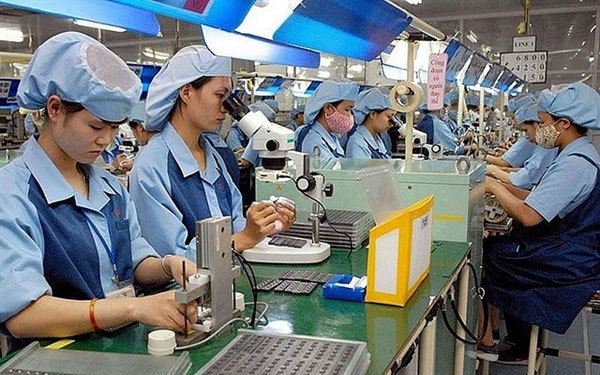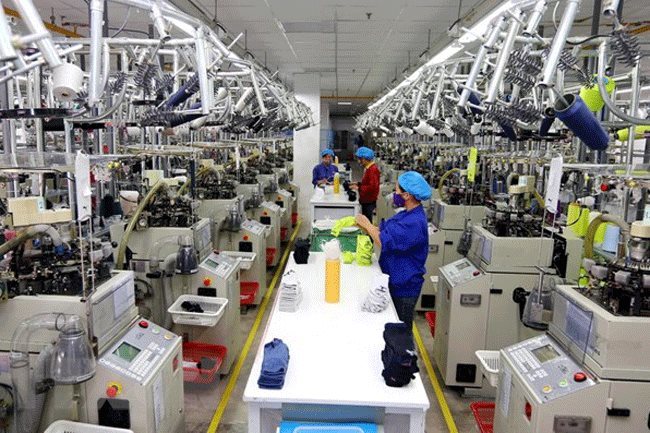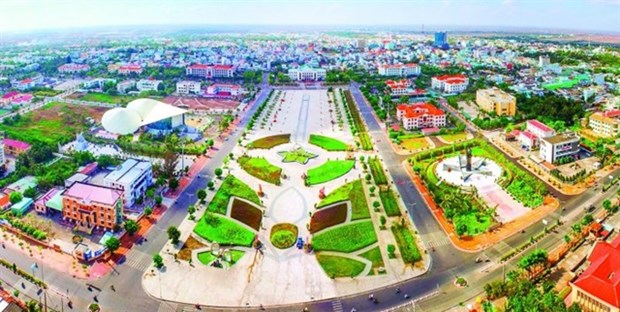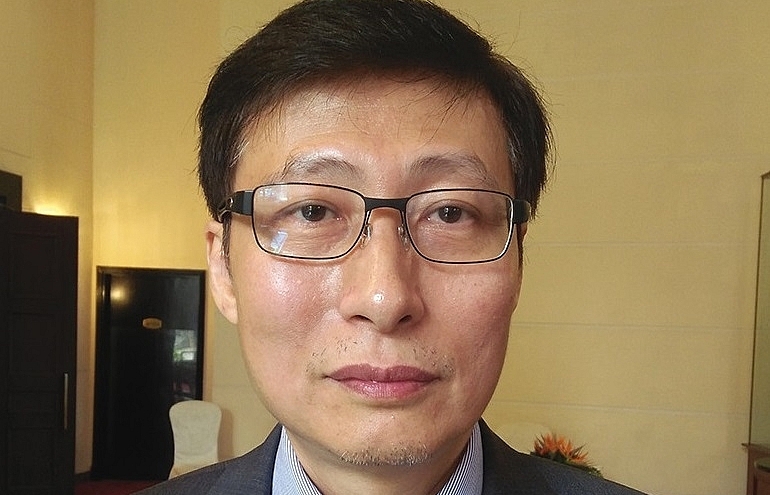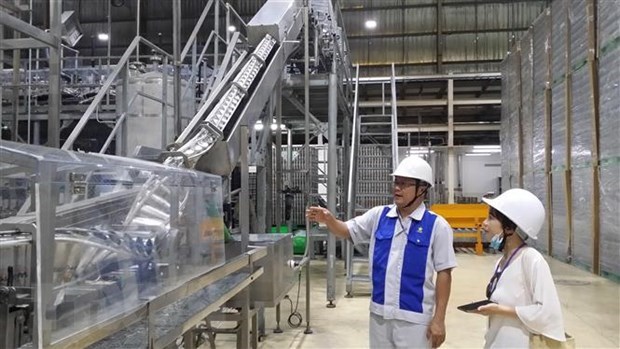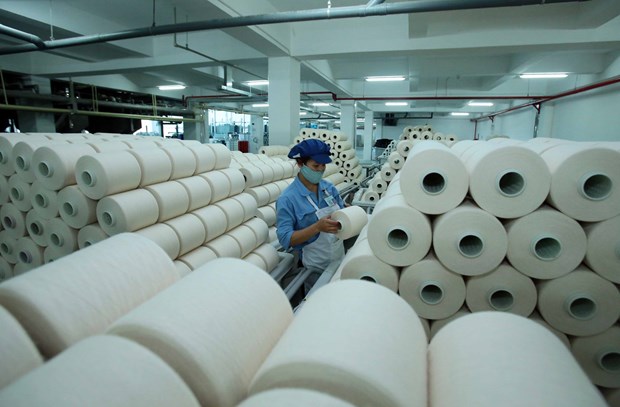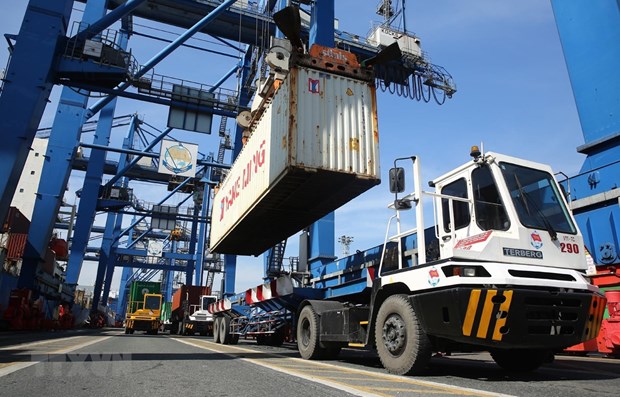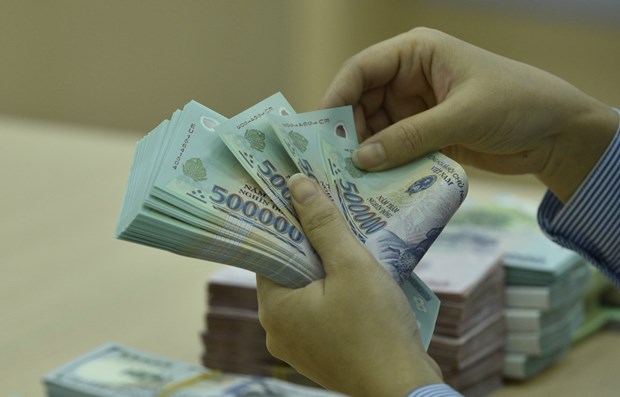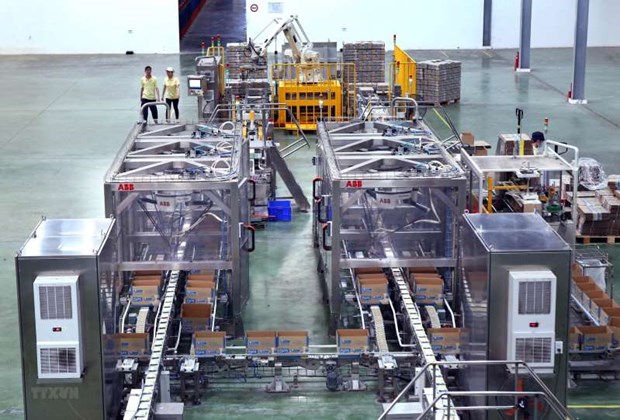- © Copyright of Vietnamnet Global.
- Tel: 024 3772 7988 Fax: (024) 37722734
- Email: evnn@vietnamnet.vn
foreign direct investment
Update news foreign direct investment
Vietnam to issue more specific criteria in special investment incentives
The Ministry of Planning and Investment (MPI) has announced plans to issue more specific criteria for special investment incentives to better attract foreign direct investment (FDI).
Vietnam - emerging market that shone in a difficult year: MoneyWeek
The UK’s MoneyWeek news website has run a story highlighting that Vietnam is one of the most promising markets of Asia in a long time thanks to the country’s success in COVID-19 control.
FDI enterprises increase but more losses reported
The number of foreign direct investment (FDI) enterprises continues to increase in Vietnam, but more are reporting losses.
Faith abounds in growth prospects
Despite a decline in state budget revenue, remittances, and foreign direct investment, Vietnam is expected to see positive growth with a surplus in current account this year thanks to a rise in export turnover and foreign currency reserves.
Singapore climbs to become biggest investor in Vietnam
Singapore has risen to become the largest foreign investor in Vietnam this year, with total investment capital of US$9 billion, accounting for 31.5% of the overall.
Manufacturing helping to weather health crisis
Despite receiving a heavy toll caused by the health crisis, the Vietnamese economy is expected to keep its highest economic growth in Asia this year
Green shoots for economic performance prospects
Amid the current health crisis, Vietnam’s economy has shown its resilience over past months.
FDI a major driving force in VN's development
Foreign direct investment (FDI) has been a major driving force behind Viet Nam's national development, Minister of Planning and Investment Nguyen Chi Dung said recently.
Vietnam's FDI inflows to increase
A new wave of foreign direct investment driven by global uncertainty such as the US-China trade war and the COVID-19 pandemic is imminent in Vietnam,
Vietnam lures US$6 billion FDI into industrial parks
Nearly US$6 billion in foreign direct investment was poured into Viet Nam’s industrial parks (IPs), processing zones and economic zones (Ezs) in the first half of the year, according to the Ministry of Planning and Investment (MPI).
Vietnam seeks quality FDI from EU
Vietnam has undergone profound changes since first opening its doors to FDI more than 30 years ago.
FDI inflows drop 15.1 percent year on year in first half
Vietnam recorded a year-on-year decrease of 15.1 percent in foreign direct investment (FDI) inflows to 15.67 billion USD as of June 20, according to the Ministry of Planning and Investment (MPI).
VEPR urges tax policies for FDI to be revised to prevent tax avoidance and evasion
Vietnam needs to revise tax and land policies for foreign direct investment (FDI) companies to ensure a level playing field for businesses.
IZs development needs planning to attract FDI
 The development of industrial zones (IZs) needs a comprehensive plan to capture the transition of the foreign direct investment (FDI) inflow spurred by trade wars and the COVID-19 pandemic
The development of industrial zones (IZs) needs a comprehensive plan to capture the transition of the foreign direct investment (FDI) inflow spurred by trade wars and the COVID-19 pandemic
COVID-19 presents opportunities to attract more FDI
 The COVID-19 pandemic has had a serious impact on Vietnam’s economy but it’s also believed to create the conditions to attract more FDI as there have been signs of a switch in capital flows away from China and to ASEAN member countries.
The COVID-19 pandemic has had a serious impact on Vietnam’s economy but it’s also believed to create the conditions to attract more FDI as there have been signs of a switch in capital flows away from China and to ASEAN member countries.
Vietnam enjoys trade surplus of $2.8 billion in first quarter
 Vietnam ran a trade surplus of $2.8 billion in the first quarter of this year, higher than 1.5 billion USD recorded in the same period last year, despite the growing COVID-19 pandemic in the country’s major export markets.
Vietnam ran a trade surplus of $2.8 billion in the first quarter of this year, higher than 1.5 billion USD recorded in the same period last year, despite the growing COVID-19 pandemic in the country’s major export markets.
Vietnam braces for economic effects of COVID-19
 Vietnam will optimise external resources to spur national economy as the impact of the outbreak of coronavirus on foreign investment flows into the country is visible, according to the Ministry of Planning and Investment (MPI).
Vietnam will optimise external resources to spur national economy as the impact of the outbreak of coronavirus on foreign investment flows into the country is visible, according to the Ministry of Planning and Investment (MPI).
Balanced prospects for foreign direct investment
 Investors’ confidence in Vietnam remains positive, backed by the country’s strong performance in FDI attraction since 2019, signalling an upbeat prospect ahead amid some concerns about negative impacts of the novel coronavirus outbreak.
Investors’ confidence in Vietnam remains positive, backed by the country’s strong performance in FDI attraction since 2019, signalling an upbeat prospect ahead amid some concerns about negative impacts of the novel coronavirus outbreak.
Vietnamese currency under bigger pressure in 2020
 After being relatively stable last year, the foreign exchange rate of the Vietnamese dong against the US dollar is forecast to be under greater pressure in 2020 due to both internal and external headwinds.
After being relatively stable last year, the foreign exchange rate of the Vietnamese dong against the US dollar is forecast to be under greater pressure in 2020 due to both internal and external headwinds.
Japanese firms wish to scale up business in Vietnam
 Tidy profits have motivated around 64 percent of Japanese firms in Vietnam to consider expanding their business in the Southeast Asian country, according to the Japan External Trade Organisation (JETRO).
Tidy profits have motivated around 64 percent of Japanese firms in Vietnam to consider expanding their business in the Southeast Asian country, according to the Japan External Trade Organisation (JETRO).
